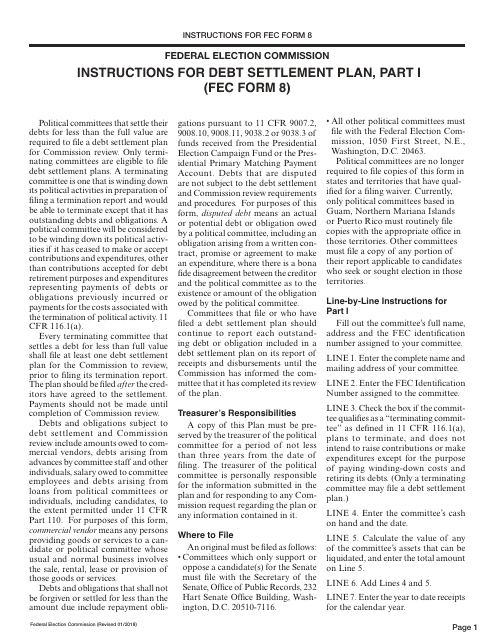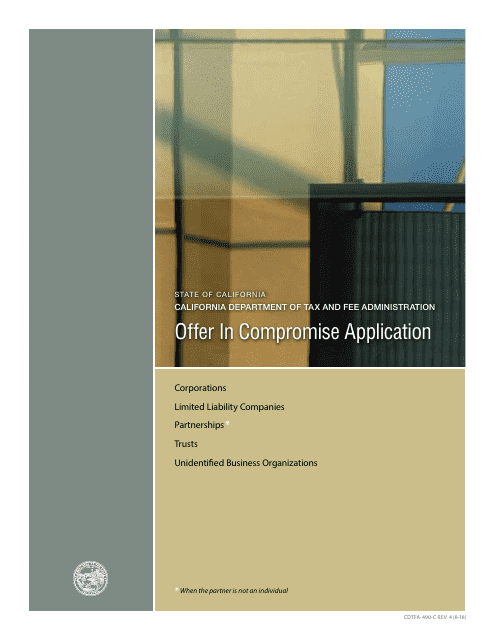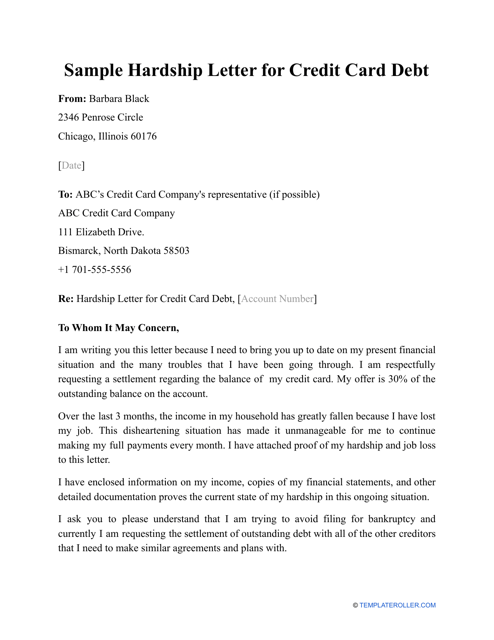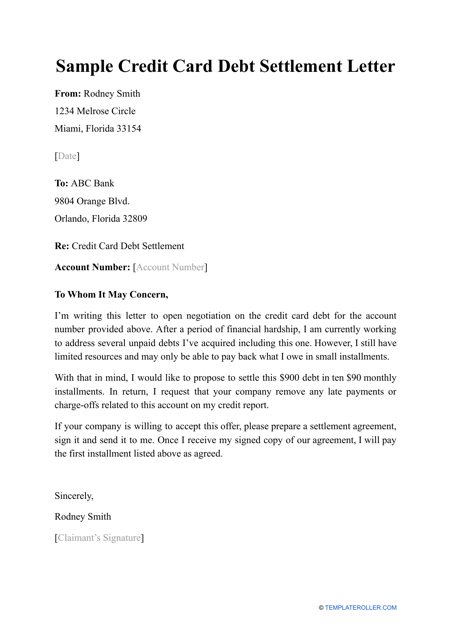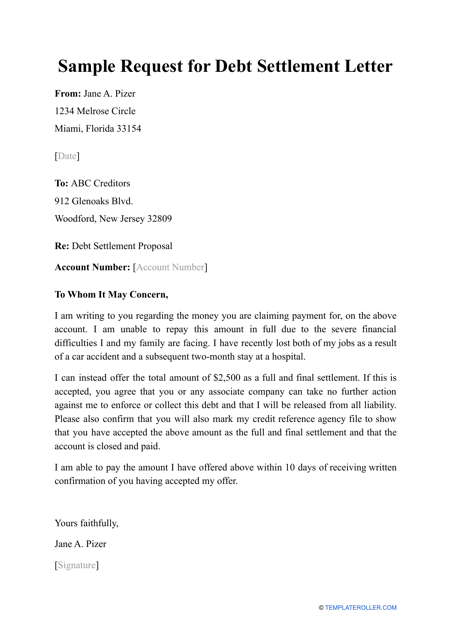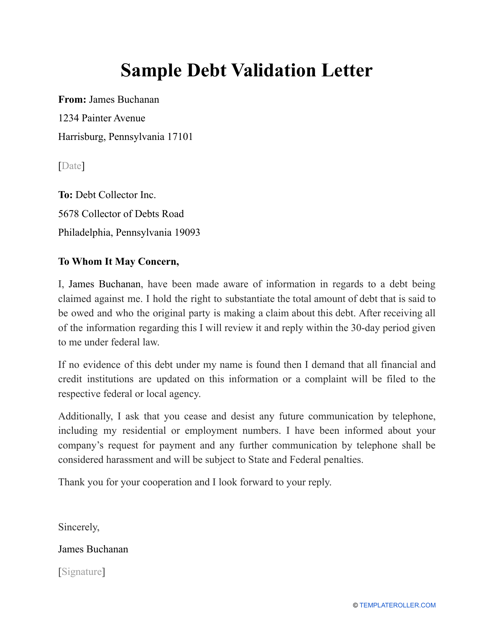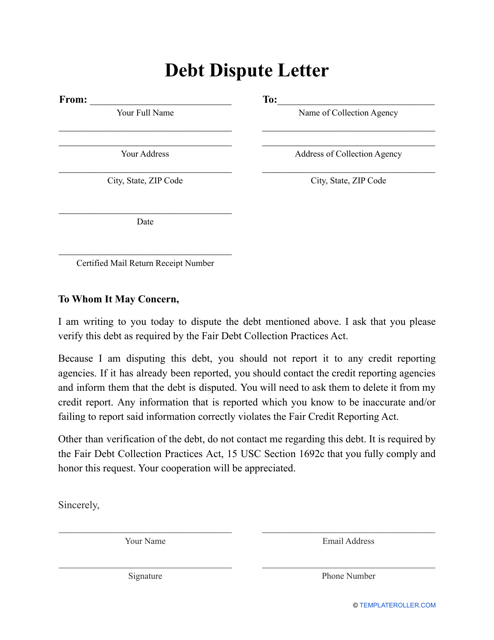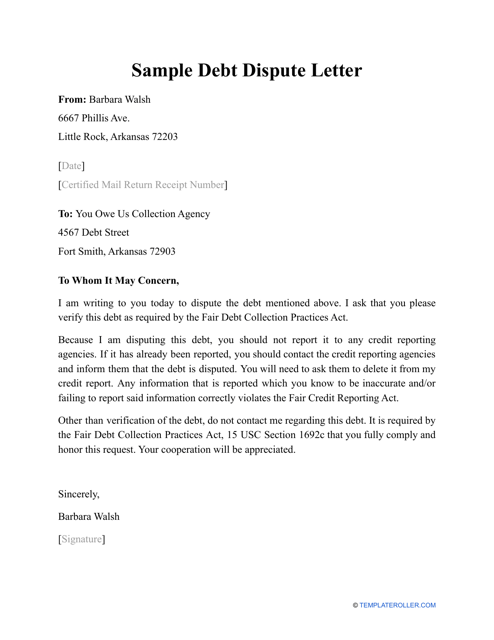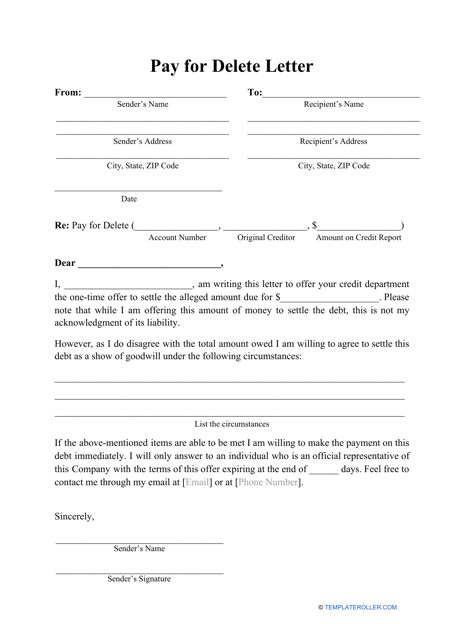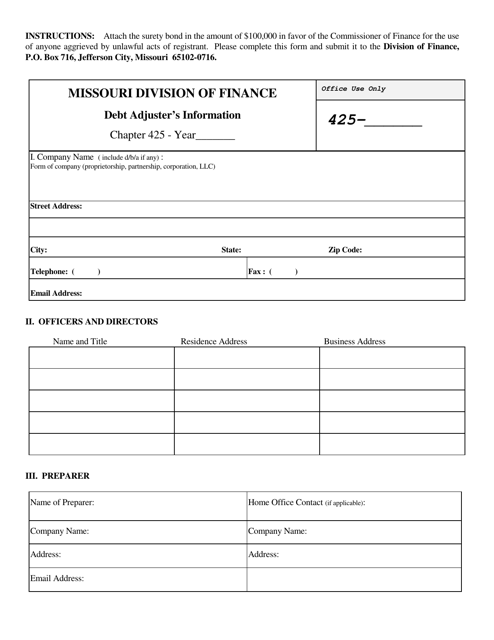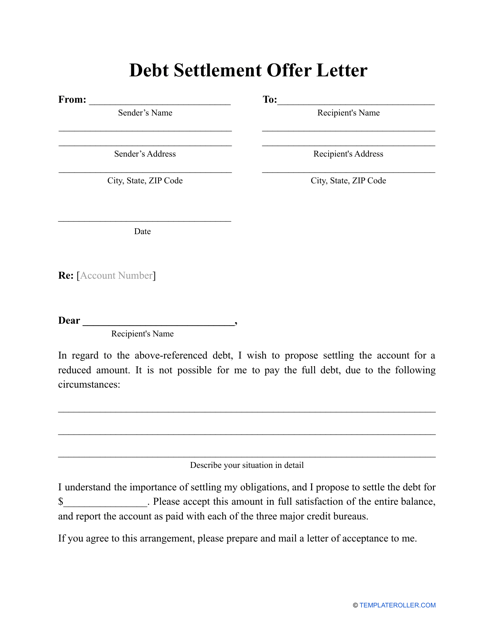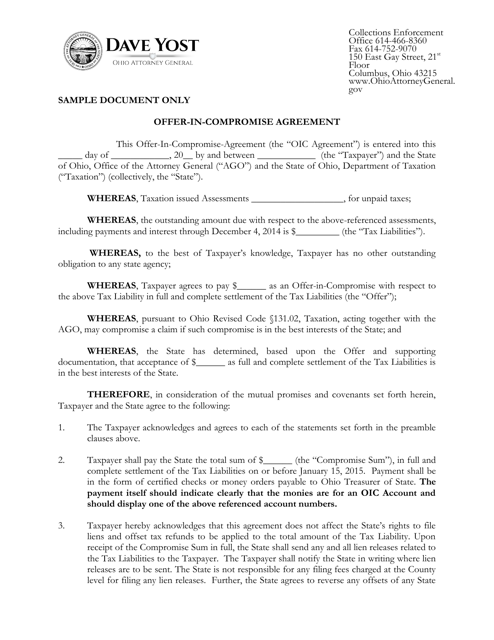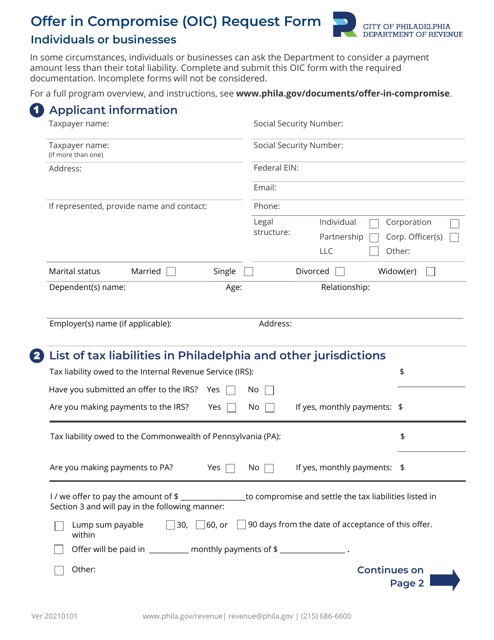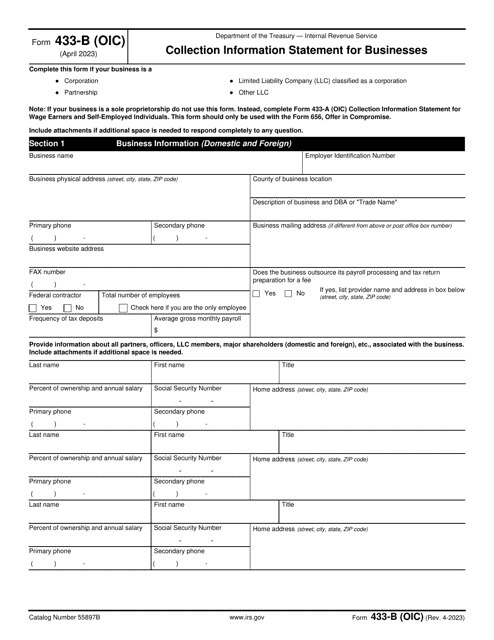Debt Negotiation Templates
Are you struggling with mountains of debt and feeling overwhelmed by your financial situation? Debt negotiation, also known as negotiating debt or debt settlement, could provide you with a much-needed lifeline. Debt negotiation is a process that allows you to work with your creditors to reach an agreement on reducing the amount of money you owe. This approach can help you regain control of your finances and pave the way for a brighter future.
At our document knowledge system, we understand the difficulties that come with managing and resolving debt. That's why we're here to provide you with the resources and support you need to navigate the world of debt negotiation. From sample debt validation letters and pay-for-delete letter templates to comprehensive information on debt adjustment laws in different states, we have the tools to help you take charge of your financial situation.
One key document you may come across in your debt negotiation journey is an Offer in Compromise (OIC) request form. This form, available from the City of Philadelphia in Pennsylvania, allows you to officially propose a settlement amount to the IRS. Additionally, if you're a business owner, the IRS Form 433-B (OIC), also known as the Collection Information Statement for Businesses, is a crucial document that provides detailed financial information to support your offer.
In Missouri, debt adjuster's information is essential for understanding the laws and regulations surrounding debt negotiation in the state. This document ensures that you have the necessary information to protect yourself and make informed decisions during the negotiation process.
Debt negotiation, also referred to as negotiating debt or debt settlement, is an effective strategy for individuals and businesses struggling with excessive debt. Our document knowledge system is here to provide you with the tools and resources you need to navigate this challenging process. With our comprehensive collection of documents and information, you can confidently pursue debt negotiation and take steps towards achieving financial freedom.
Documents:
15
This document provides instructions for completing the FEC Form 8 Debt Settlement Plan.
This form is used for submitting an offer in compromise application to the California Department of Tax and Fee Administration.
Owners of credit cards can reduce their debt by submitting a Hardship Letter explaining their situation to their credit card company.
This type of debt settlement letter is used by filers who want to decrease the debt on their credit card.
This document's purpose is to help a debtor decrease their debt or change the terms of paying it back in order to make it easier for them.
An individual or entity may prepare this type of letter and send it to a financial institution that has notified them about a debt to find out whether this debt is legitimate.
This letter serves as a refusal to accept debt and is written in response to a collector's notice.
This is a written or typed letter that any individual can prepare when they have received a letter from a creditor or debt collector if they do not believe they owe any money or the amount of the debt indicated in the notice is not accurate.
Use this letter to ask a creditor to agree to remove the negative information from your credit report.
Submit this letter to a collection agency to erase information about debt and improve your overall credit score.
This document provides information about debt adjusters in the state of Missouri.
A debtor may use a letter such as this and send it to a creditor with the suggestion to pay back a portion of an outstanding debt.
This document is a sample agreement for an offer-in-compromise in the state of Ohio. It outlines the terms and conditions for settling a tax debt with the Ohio Department of Taxation.
This form is used for requesting an Offer in Compromise (OIC) from the City of Philadelphia, Pennsylvania. An OIC is a way for taxpayers to settle their tax debt for less than the full amount owed.
This is a formal IRS document that outlines the financial health of a business entity that owes a tax debt to the government.

